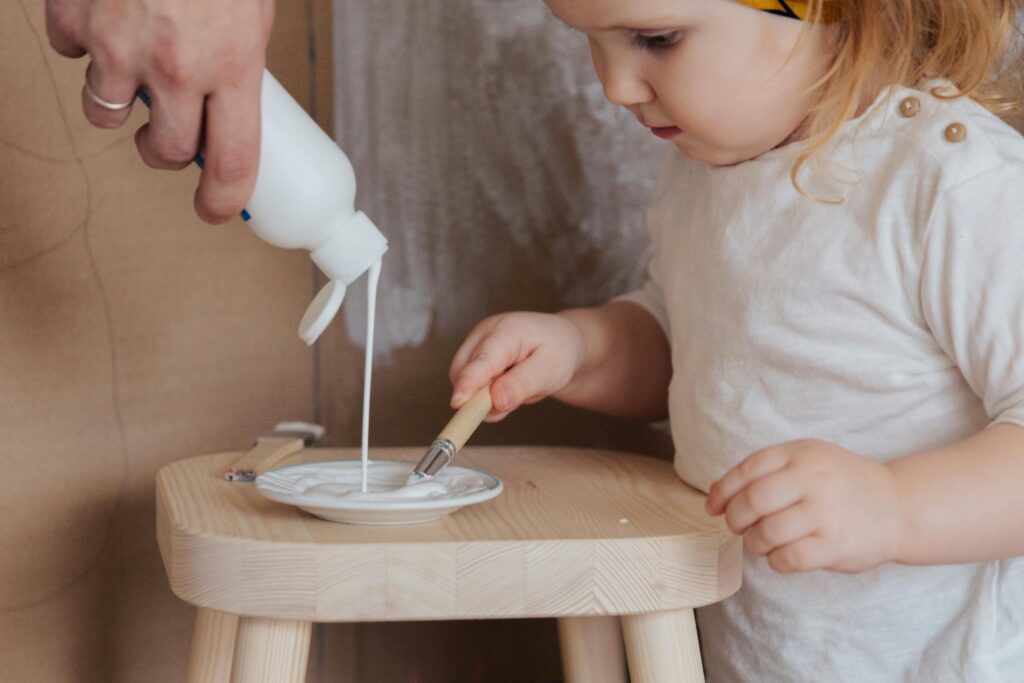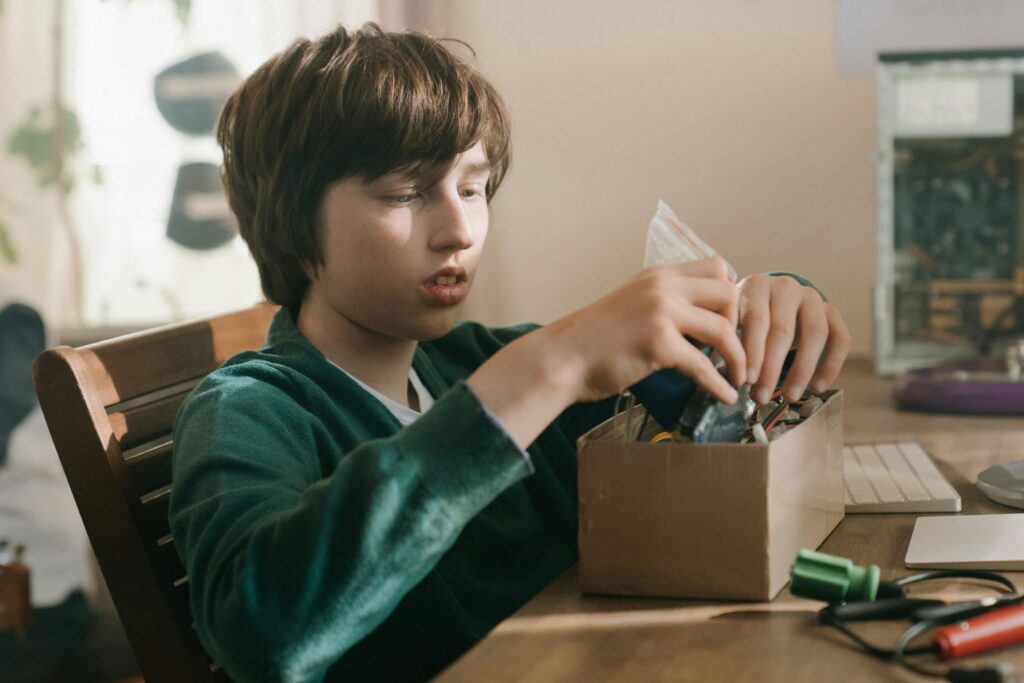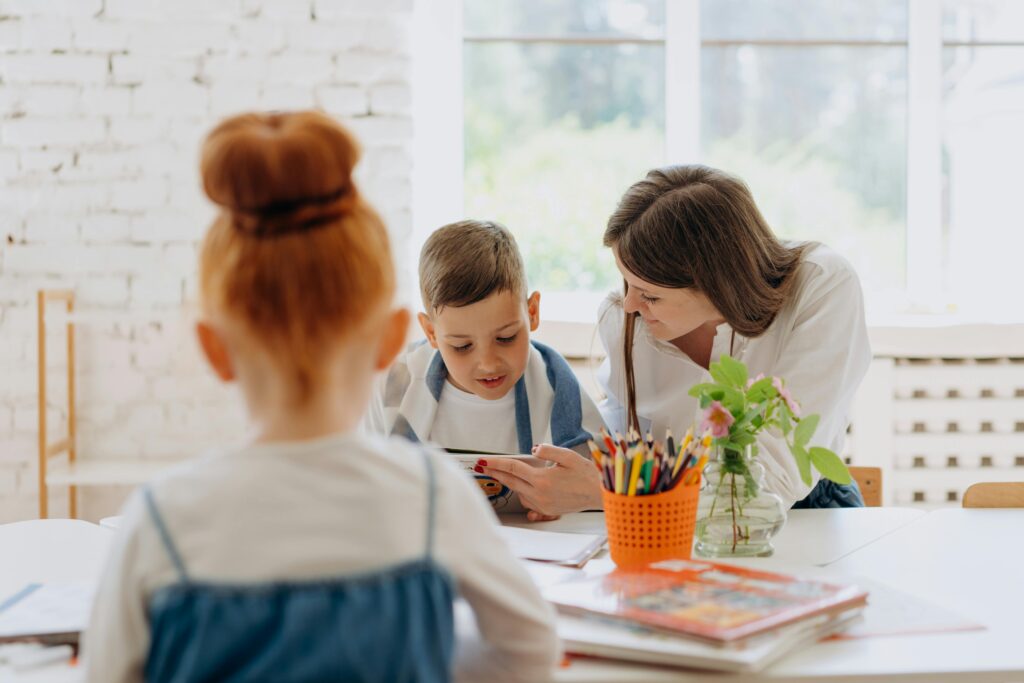
Homeschooling gives families the unique advantage of shaping learning around a child’s interests, pace, and needs. But even the most creative curriculum can lose its spark without variety. That’s where field trips and hands-on learning experiences come in. These methods breathe life into lessons, help students make real-world connections, and turn ordinary topics into unforgettable discoveries.
Why Hands-On Learning Matters

In traditional schooling, learning often happens through reading, writing, and memorization. While these methods are important, they don’t always engage every type of learner. Hands-on learning adds a tactile, exploratory layer that deepens understanding and retention. Whether it’s visiting a science museum, planting a garden, or building a model of the solar system, interactive activities let students apply what they’ve learned in meaningful ways.
Educational experts agree that experiential learning boosts motivation and mastery. It helps bridge the gap between theory and practice. When children use all their senses—seeing, touching, hearing, and even moving—they form stronger mental connections. This multisensory approach not only keeps lessons interesting but also nurtures creativity and critical thinking.
Hands-on learning doesn’t always have to be elaborate. Simple activities like cooking to practice fractions, sketching for science, or typing project summaries into digital journals can transform a routine lesson into something memorable. For homeschool families, these moments of curiosity-driven exploration can spark long-term enthusiasm for learning.
Master Typing & Digital Skills with Typesy!
Go beyond keyboarding—Typesy helps you boost digital literacy, productivity, and efficiency in today’s tech-driven world.
Field Trips: Learning Beyond the Classroom

Field trips are the ultimate way to make lessons come alive. They provide new environments for discovery, allowing students to see the world through a broader lens. A visit to a planetarium can bring astronomy to life, while a day at a local farm teaches ecology, sustainability, and respect for the environment.
These excursions also build social and emotional skills. Students learn how to observe, ask questions, and interact with different people and settings—skills that are just as valuable as academic knowledge. They help learners grow into well-rounded, curious individuals who are eager to explore and understand the world around them.
One way to maximize the learning value of a field trip is to connect it with your at-home lessons. For instance, before visiting a history museum, have your child practice digital research skills to learn about the exhibits they’ll see. After the trip, they can type a reflection essay or create a presentation using digital tools. This not only reinforces learning but also strengthens typing fluency and online literacy—essential skills in today’s tech-driven education landscape.
Even virtual field trips count. Many museums, zoos, and national parks offer online tours and live Q&A sessions. For homeschoolers balancing busy schedules or living in remote areas, these experiences provide rich educational opportunities without leaving home.
Blending Learning Styles for the Modern Homeschool
The most effective homeschool programs combine traditional study, digital tools, and experiential learning. Using typing programs like Typesy, for example, can help students efficiently complete written assignments, research projects, and online collaboration. Strong typing skills give them confidence and independence as they explore new ways to express what they’ve learned.
Parents can also use hands-on projects to complement digital lessons. After completing an online history unit, students could design a time capsule or create a scrapbook summarizing key events. After a virtual science class, they might perform a related experiment using materials at home. These activities balance screen-based and real-world learning—keeping both the mind and body engaged.
Incorporating balance between screen time and real-world exploration ensures that homeschoolers develop not just knowledge, but also problem-solving, adaptability, and collaboration skills. These are key 21st-century competencies that prepare them for future challenges in school, work, and beyond.
Ultimately, the best homeschool experiences are those that blend structure with spontaneity. Field trips and hands-on projects encourage curiosity, creativity, and lifelong learning—all while reminding students that education doesn’t only happen at a desk.
Not on Typesy Yet? You're Missing Out!
Master typing, boost productivity, and enhance digital literacy with Typesy—the leading platform for adaptive and engaging typing education. Whether you're an individual learner, a homeschool educator, or managing a classroom, Typesy has the perfect solution for you!
Choose Your Ideal Experience:




